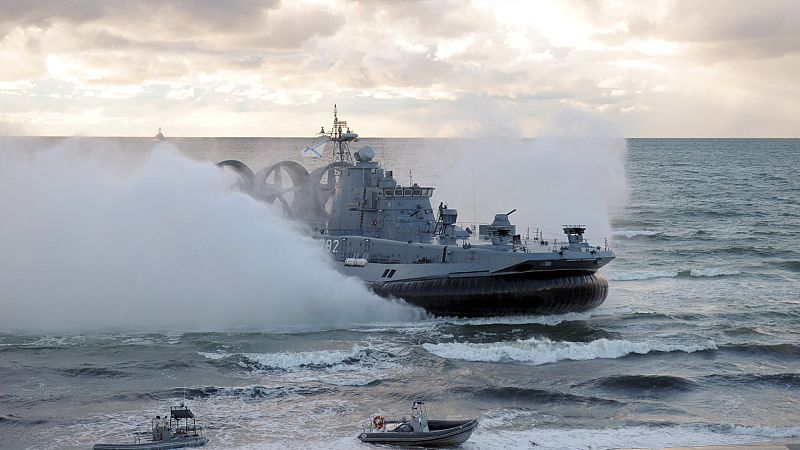Escalation of GPS Jamming by Russia Affects Lithuanian Pilots
Recent reports indicate a significant increase in GPS jamming activities by Russia, particularly impacting pilots in Lithuania. According to local media, there were 1,022 instances of GPS communication disruptions in June alone, a stark rise from the 46 recorded in the same month last year. This data was compiled by the air traffic control company Oro Navigacija and reported by the Baltic News Service (BNS).
The trend shows a consistent upward movement, with 585 incidents in May and 447 in April. This escalation has raised concerns among officials and aviation experts in the region. Darius Kuliešius, deputy chairman of Lithuania’s Communications Regulatory Authority (RRT), confirmed that more than 10 locations in Kaliningrad, a Russian enclave, have been identified as sources of this interference.
Since the full-scale invasion of Ukraine in February 2022, several countries around the Baltic Sea have experienced various forms of hybrid warfare attributed to Moscow. These include damage to undersea power cables, arson incidents, and cyberattacks. Despite these allegations, the Kremlin has consistently denied any involvement.
Broader Impact on Regional Aviation
Lithuania’s Transport Minister, Eugenijus Sabutis, described the data as “worrying” and highlighted that the issue extends beyond Lithuania, affecting Latvia, Estonia, Poland, Sweden, and Finland. Both Estonia and Finland had previously criticized Russia for GPS jamming in the skies over the region.
Sabutis emphasized that the EU must recognize that such interferences are likely to persist, with Russia and Belarus continuing to act in a manner perceived as malicious. In response, 13 EU countries, including the Baltic states, recently called on the European Commission to address the interference with Global Navigation Satellite Systems (GNSS) originating from Russia and Belarus.
Russia has responded by stating that EU countries using navigation and broadcast satellites for civil and military purposes—particularly in support of Ukraine—should not protest if their signals are jammed. This claim was reported by the trade publication Space Intel Report.
Despite this, Russia’s Ministry of Digital Development, Communications and Mass Media reportedly stated that the country aims to avoid interfering with non-military uses of GNSS. However, this assurance has done little to ease concerns among international aviation authorities.
International Response and Calls for Action
United Nations agencies, including the International Civil Aviation Organisation (ICAO), have expressed “grave concern” over the increasing cases of harmful interference. The ICAO recently urged Russia to cease its actions, citing a “serious threat” to passenger flights, especially in the Baltic Sea region.
This growing tension highlights the need for coordinated efforts among European nations to counteract the effects of such interference. With GPS systems playing a critical role in modern aviation, any disruption can have far-reaching consequences. As the situation continues to evolve, it remains essential for the EU and global regulatory bodies to take decisive action to protect both civilian and military operations.
Ongoing Challenges and Future Outlook
The rise in GPS jamming incidents underscores the broader geopolitical tensions between Russia and Western nations. While the immediate focus is on protecting aviation safety, the long-term implications for regional security and international relations remain significant.
As more countries join the call for action, the pressure on Russia to halt its interference is expected to grow. However, without concrete measures or diplomatic breakthroughs, the challenge of ensuring secure and reliable navigation systems will continue to pose a serious risk to the region.







